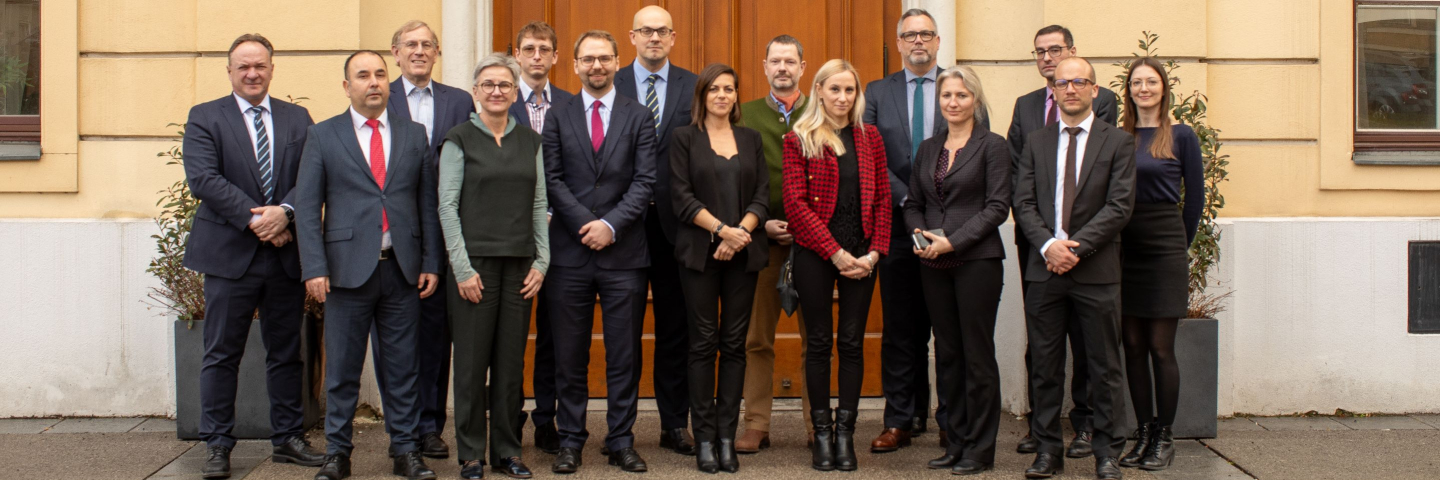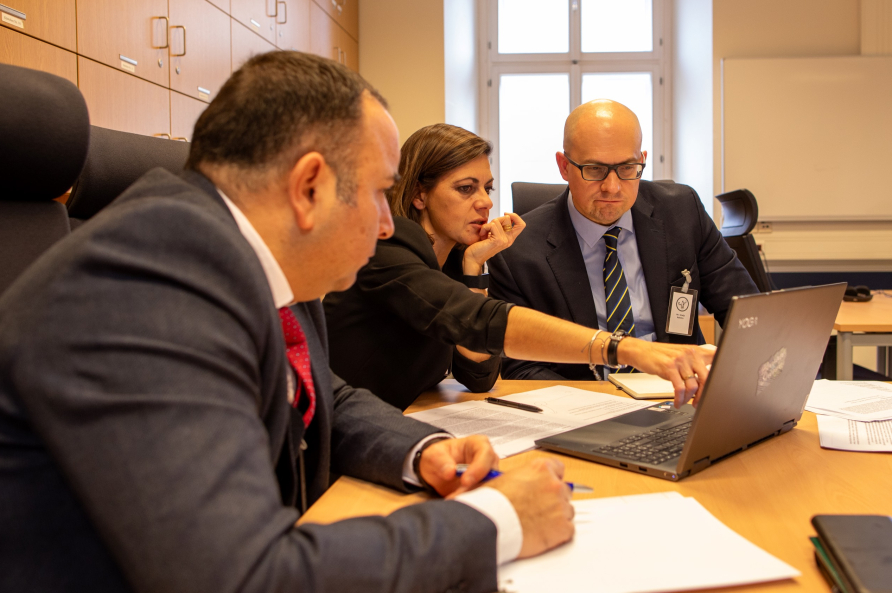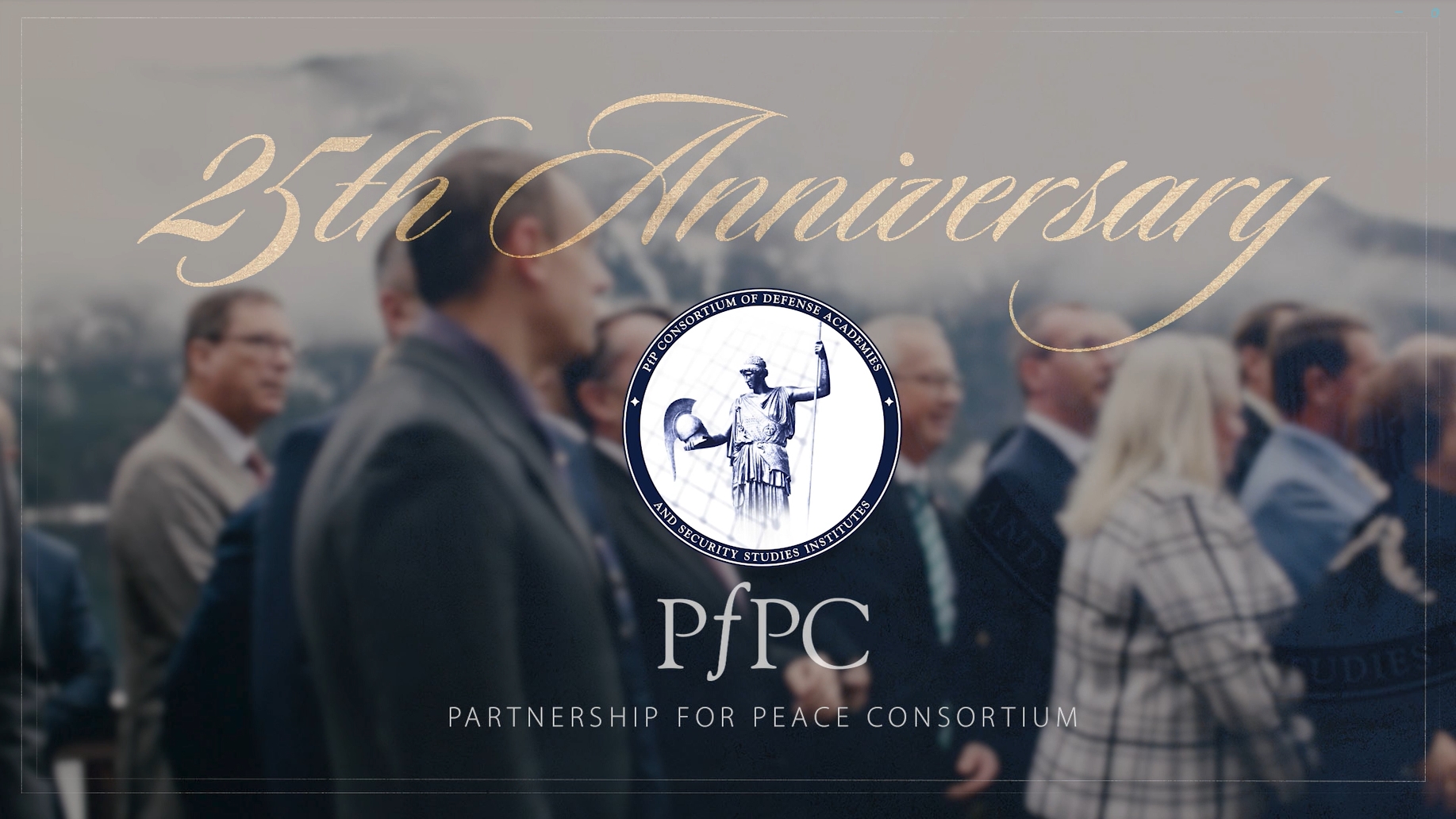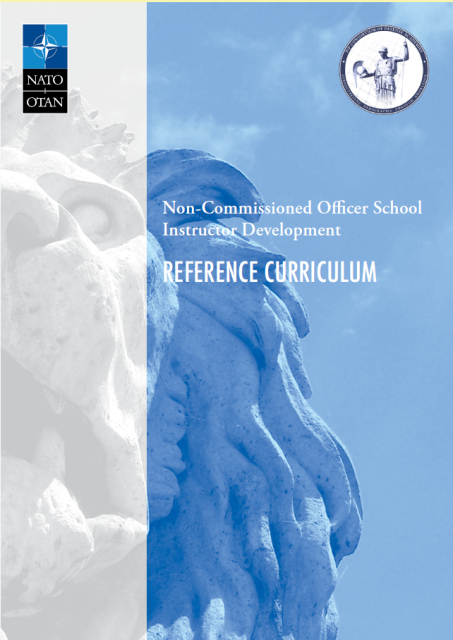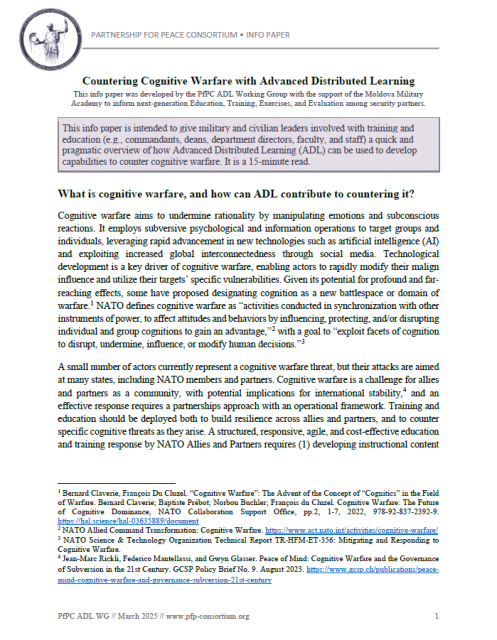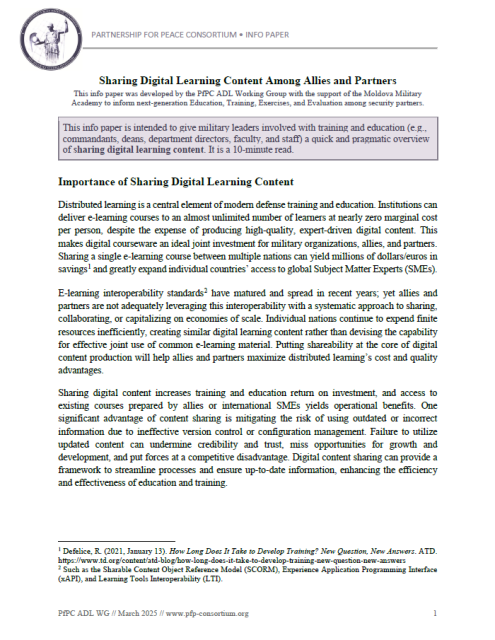
Decoding Resilience in the Modern Security Landscape
GCMC Public Affairs
Vienna, Austria - Resilience has become the buzzword of the day. But what does it truly mean, why do we need it, and how do we teach it effectively? A group of more than 15 experts from different countries who contribute to the Partnership for Peace Consortium convened at the Austrian National Defence Academy, Feb. 19-23 to continue their work on drafting a resilience reference curriculum. The document is intended to guide faculty members in professional military education institutions when teaching the subject.
“This is a complex process as this working group aims to develop greater appreciation of the broad spectrum of issues related to various levels of resilience that are relevant in the context of national defense and security. I am looking forward to the final product, which I believe will pave the way to a better understanding of how we teach resilience in PME institutions,” said German Lt. Col. Olaf Garlich, who helps coordinate many of the PfP Consortium working groups.
But why resilience and why now? As the contemporary security environment has evolved, the varied nature of security threats necessitates a deeper understanding of resilience. Last year’s NATO’s Conference of Commandants prioritized the drafting of a reference curriculum focused on resilience recognizing the complexity of the issue, and the need to capture lessons learned from the Russian war in Ukraine and incorporate them in the PME environment.
“In an evolving security landscape, understanding resilience is key. This curriculum aims to unravel its complexities and capture crucial lessons, especially in view of the Russian war in Ukraine," said Prof. Dr. Giray Sadik, Director and Professor at the European Studies Research Center at the Ankara Yıldırım Beyazıt University.
The experts in this working group looked at whole-of-government and whole-of-society resilience drawing from concrete examples of the war in Ukraine, while also offering insights into national and multinational approaches to resilience. The innovative approach of this resilience reference curriculum is that, although it takes into consideration the national instruments of power, exploring how they are employed, it also explores whether resilience, as a concept, requires additional features beyond the traditional concept of Diplomacy, Information, Military and Economy (DIME).
“While useful, DIME is limiting, too military-centric, and neglectful of other instruments of power. The emergence of a new strategic environment thus requires conceptualization and expansion of multiple instruments of power to create a more comprehensive ecosystem,” said Dr. Aleksandra Nesic, Chair for Europe and Eurasia at the Foreign Service Institute, U.S. Department of State.
The resilience reference curriculum adds new concepts to the national instruments of power, such as cultural and administrative dimensions, while also seeking to provide clear definitions and practical applications. The document also seeks to provide clear guidance on how it can be understood and taught.
“The resilience reference curriculum—RRC—aims to provide the guiding framework for developing courses, study programs and training sessions on the topic of resilience for mixed military and civilian mid-to-high level audiences in defense and security education institutions. It is intended to be a practical resource that can serve as the foundation for instructors and trainers to base their course plans and adapt them to their specific contexts and classroom environments,” said Ambassador Shota Gvineria from the Baltic Defence College and academic lead for the resilience reference curriculum working group.
The resilience reference curriculum is the first-of-its-kind and is designed to support NATO allies and partners in military education worldwide, with potential applicability for civilian universities. The language and content aim to be simple enough for an academic audience with limited exposure to the topic.
“Exploring new dimensions in resilience, including cultural and administrative aspects, adds depth. This curriculum not only defines resilience at a very basic level, but also provides practical applications, making it relevant for various educational settings,” said Dalia Bankauskaite, Associate Professor at the Vilnius University and Senior Fellow at the Center for European Policy Analysis.
The curriculum also addresses a gap in professional military education, particularly highlighted by the events in Ukraine, where the importance of resilience has been elevated. Through vignettes, it illustrates concepts for clarity, emphasizing the connectivity of themes for an easy and logical flow. In the context of war colleges, the reference curriculum offers a roadmap to resilience in the context of defense and security.
As the PfP Consortium working group progresses in refining the curriculum, its potential impact on the understanding and teaching of resilience in military education institutions remains a focal point. NATO is expected to publish the resilience reference curriculum by mid-year 2024.
PfP Consortium thematic working groups, such as this one, facilitate collaboration among international defense academies and security studies institutes, bringing together experts who may not typically work together. They provide consulting services in defense education enhancement and produce seminars, workshops, policy papers, publications, reference curricula, and Advanced Distributed Learning tools. These contributions promote regional stability and educate future leaders in the defense and security fields.
You can learn more about the Emerging Security Challenges Working Group here and download the new Reference Curriculum guide once it is available here.
